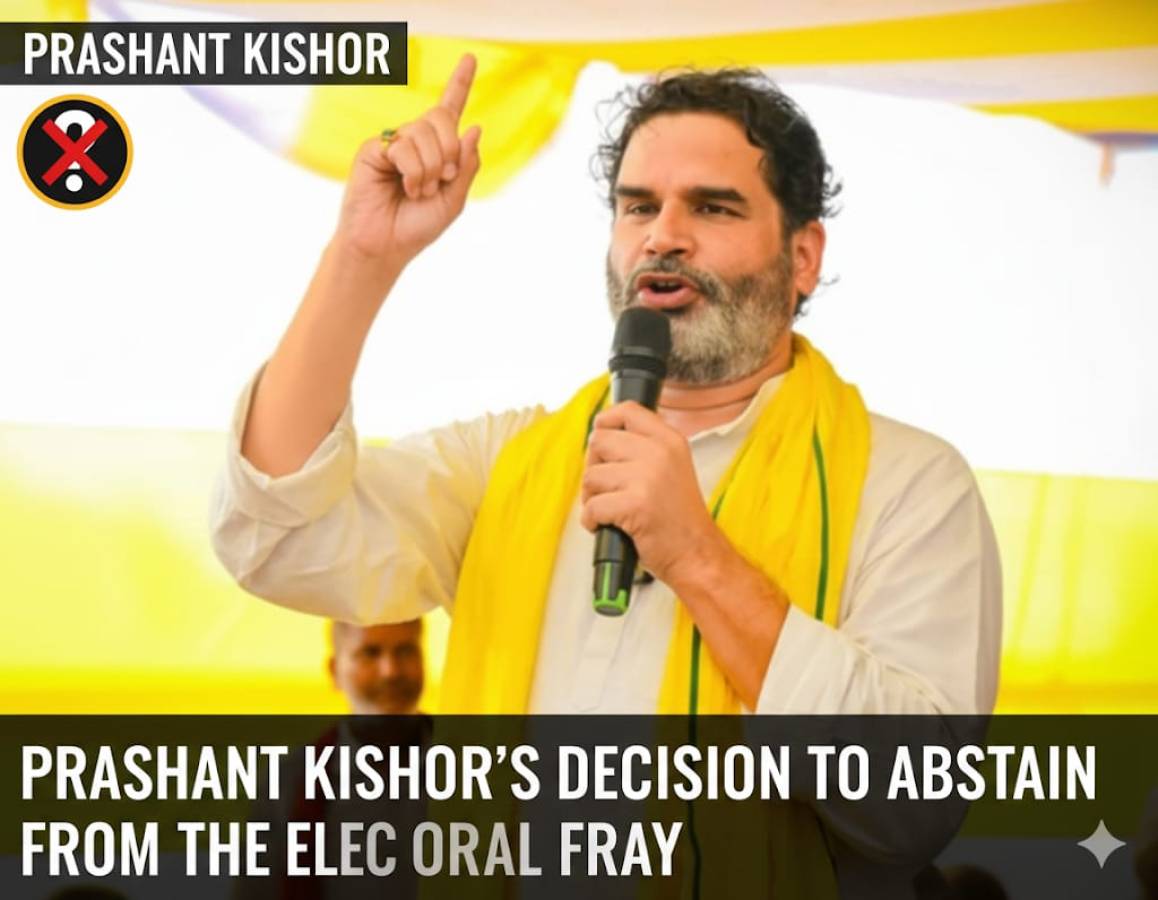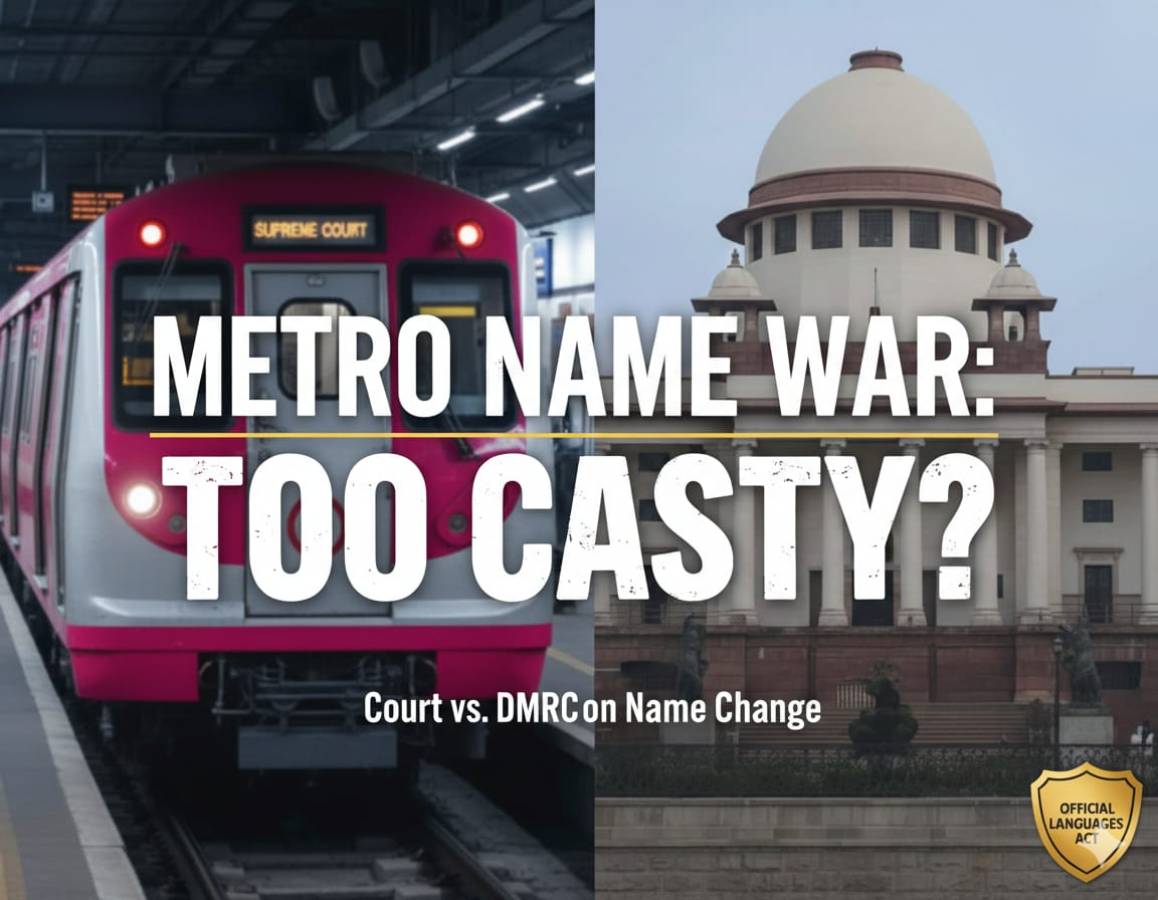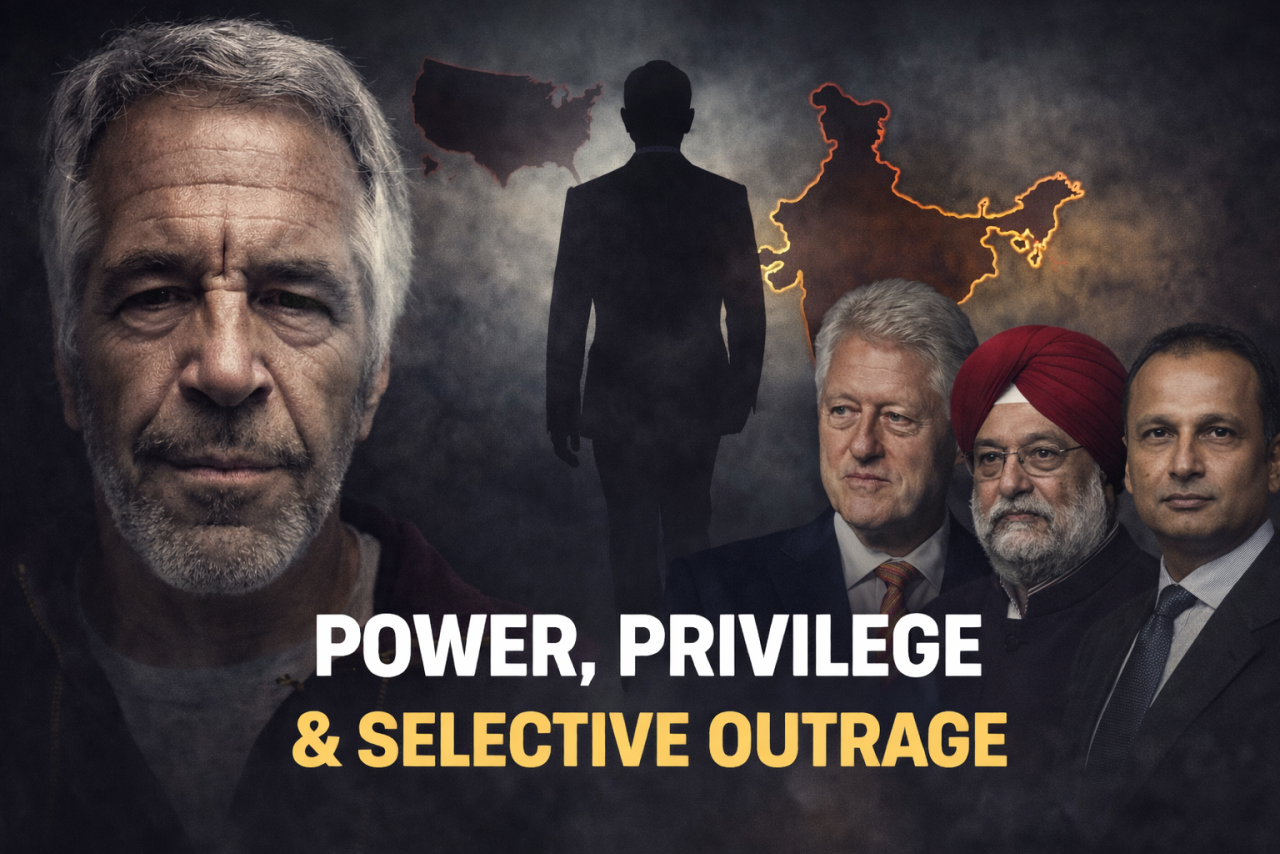
The political landscape, much like a grand theatre of human ambition, often throws up protagonists whose actions defy easy categorisation. Prashant Kishor, or 'PK' as he is known in the nation’s political drawing rooms, is one such figure. The strategist-turned-politician’s decision to forgo a personal electoral contest in the Bihar Assembly polls, despite having founded his own political entity, Jan Suraaj, is an act pregnant with both strategic sagacity and political pragmatism. This is no retreat in defeat, but perhaps a calculated redeployment on Bihar’s sprawling chessboard of caste-driven electoral mechanics.
The Unflinching Logic of Organizational Imperatives
At the heart of Kishor’s stated position lies the cold, hard logic of organizational necessity. PK, the architect who has crafted victory blueprints for colossal political parties, now finds himself as the sole towering figure of a fledgling enterprise. As he has himself articulated, his absence from a single constituency contest is for the “greater good” of Jan Suraaj.
“The party has decided that I should not contest the assembly polls... If I were to contest, it would have distracted me from the necessary organizational work,” Kishor stated, affirming that his focus must remain on ensuring the victory of the party’s candidates across all 243 seats.
In a state like Bihar, notorious for its political fragmentation and complex micro-management of caste and community arithmetic, the task of establishing a new, pan-state alternative demands the full-spectrum engagement of its singular star campaigner. Political analysts concur, noting that a battle confined to one seat would dilute his capacity to canvas and manage the campaign across the length and breadth of the state. He is, in essence, choosing to be the General directing the war from the map room rather than a frontline Captain in a single skirmish.
A Political Gambit: Kingmaker, Not Just a King
The decision also reflects a deeper understanding of his own political currency. Prashant Kishor’s unique selling proposition has always been his aura of a disruptive change-agent, a man who understands the pulse of the electorate and can transcend traditional political boundaries. By not contesting, he retains the flexibility and political distance necessary to be an effective mobiliser and critic.
His rivals, of course, have been quick to pounce, labelling it a ‘surrender’ or an admission that he “realised that he would not win elections.” Union Minister Giriraj Singh, for instance, has dismissed Jan Suraaj as a mere ‘vote katwa’ (vote splitter). This rhetorical assault, however, fails to account for the political reality that a debutante party needs its lead figure to be a unifying force for all its candidates, not just a contestant in one high-profile battle. Political analyst Kumar Vijay suggests the move is “prudent” because a leader needs time to nurture a nascent party.
The Shadow of Alleged Coercion
A more recent, and profoundly disturbing, element that buttresses the pragmatic nature of his non-contest is the alleged climate of coercion. Kishor has levelled direct and serious accusations against the establishment, claiming that his candidates have been subject to “coercing and intimidating” tactics, resulting in the withdrawal of nominations in several constituencies.
“For the first time, candidates are being looted... The candidates of the other parties are being told by Union Home Minister, Union Education Minister to withdraw their candidature,” Kishor alleged, highlighting a new and worrying dimension of electoral malpractice.
This environment of aggressive political pressure, particularly on new entrants, suggests that PK’s immediate task is not to win a single seat for himself, but to defend and fortify the integrity of his candidates and the very political space he is attempting to carve out. His decision to stay out of the ring, therefore, can be viewed as a means to dedicate his entire focus to managing this unprecedented political assault and ensuring Jan Suraaj is not extinguished before it can truly take root.
Prashant Kishor, the master strategist, is playing a long game. By abstaining from the immediate electoral contest, he is seeking to preserve his political capital, concentrate his finite resources on building a state-wide presence, and ensure that his personal ambition never overshadows the broader movement he seeks to build. It is a subtle shift from the micro-politics of a constituency to the macro-politics of a political ecosystem, a move that history may one day judge as a tactical masterstroke.
By Gautam Jha
Managing Editor





















